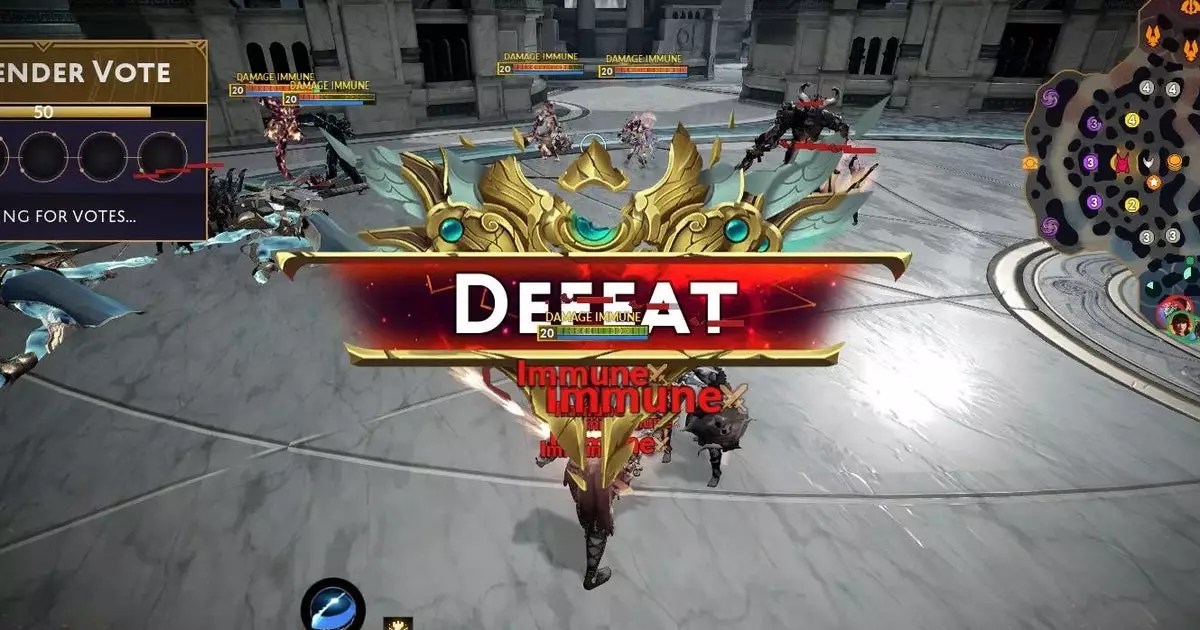Hi-Rez Studios, a prominent name in the gaming industry known for titles like Smite and Paladins, is currently navigating stormy waters. Just a month after the release of the much-anticipated sequel, Smite 2, as a free-to-play beta, the studio has conducted significant layoffs affecting a notable portion of its workforce. Initial reports suggest that 20-30 positions have been eliminated, but estimates indicate that the true number may be as high as 60. This rollercoaster of job losses is not just a numeric reality; it signals a deeper concern about the studio’s strategic direction and stability.
This move comes on the heels of previous layoffs earlier in the year, raising eyebrows about the studio’s management and its sustainability in the gaming market. The decision to downsize has particularly alarming ramifications, given its timing and the long-standing reputation of the affected games like Smite, Paladins, and Rogue Company which will now languish with no updates or developmental support.
In a candid communication to their community, Hi-Rez acknowledged the unfavorable market conditions leading to a “reduction in force.” Such phrases might sound corporate and distant, but they translate into real lives affected, not just in terms of employment but also in terms of the overall gaming experience for loyal players. As the studio pushes to focus on Smite 2, it inadvertently raises questions about the fate of their existing titles, which will still be accessible but left to stagnate.
For gamers who have invested time and resources into titles like Paladins and Rogue Company, the news may come as a bitter pill to swallow. Players often develop a loyalty to games and their ever-evolving ecosystems; the lack of future updates may disillusion a community that thrives on new content and improvements. Furthermore, this decision indicates a retreat from what once characterized Hi-Rez’s commitment to their portfolio of games, potentially alienating their player base and diminishing the studio’s brand value.
The reasoning behind such significant layoffs, according to Hi-Rez, circles back to fostering sustainability for Smite 2. It is important to scrutinize this decision. While focusing resources on a flagship title might seem economically viable in the short run, the long-term implications of abandoning existing franchises could prove detrimental. The gaming industry is notoriously competitive, and consumer loyalty is fleeting; brands can fall out of favor swiftly if they disregard their grassroots in favor of a singular focus.
Moreover, Hi-Rez’s approach raises essential discussions surrounding corporate responsibility. Layoffs are often framed in terms of efficiency and profitability, but they also reflect a studio’s failure to nurture and evolve its internal talent pool. The ripple effect on team morale, public perception, and the studio’s culture cannot be overstated. As employees watch their coworkers leave, the fear of job security looms large, potentially breeding an atmosphere of resentment and anxiety that can stifle creativity and innovation.
As for remaining players and stakeholders, the question now is where Hi-Rez will go from here. With the gaming landscape evolving rapidly, will the studio be able to maintain its relevance amid increasing competition? The market is flush with emerging titles and innovative concepts; ignoring the expansive possibilities of their existing games for a singular focus could hinder Hi-Rez from innovating effectively.
Additionally, as the industry grapples with a pervasive trend of layoffs and restructuring, smaller studios and dedicated developers may find opportunities to arise from the ashes. The gaming community is keenly aware of the dynamics at play and increasingly supportive of indie projects that prioritize both creativity and player engagement over corporate profit margins.
Hi-Rez Studios’ recent layoffs serve as a stark reminder of the precarious balance within the gaming industry between risk management and player satisfaction. As employees are let go and projects are shelved, the broader implications for the studio and its community cannot be neglected. With so many talented individuals leaving the industry, the future may be uncertain. It is essential for studios to foster environments that value both innovation and their people to navigate the changing tides effectively. The challenges faced by Hi-Rez and similar companies could lead to richer discussions by industry leaders on sustainable practices, community engagement, and what the future holds for gaming as a whole.


Leave a Reply